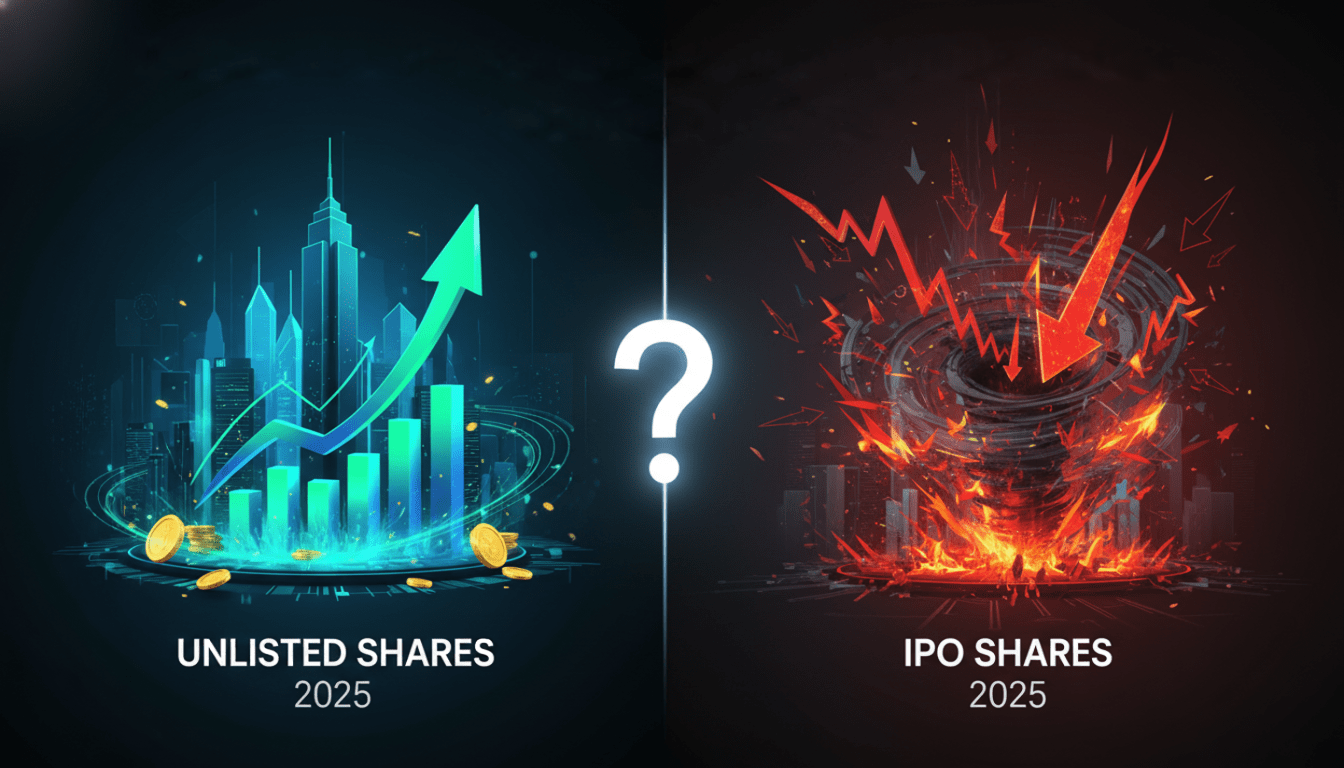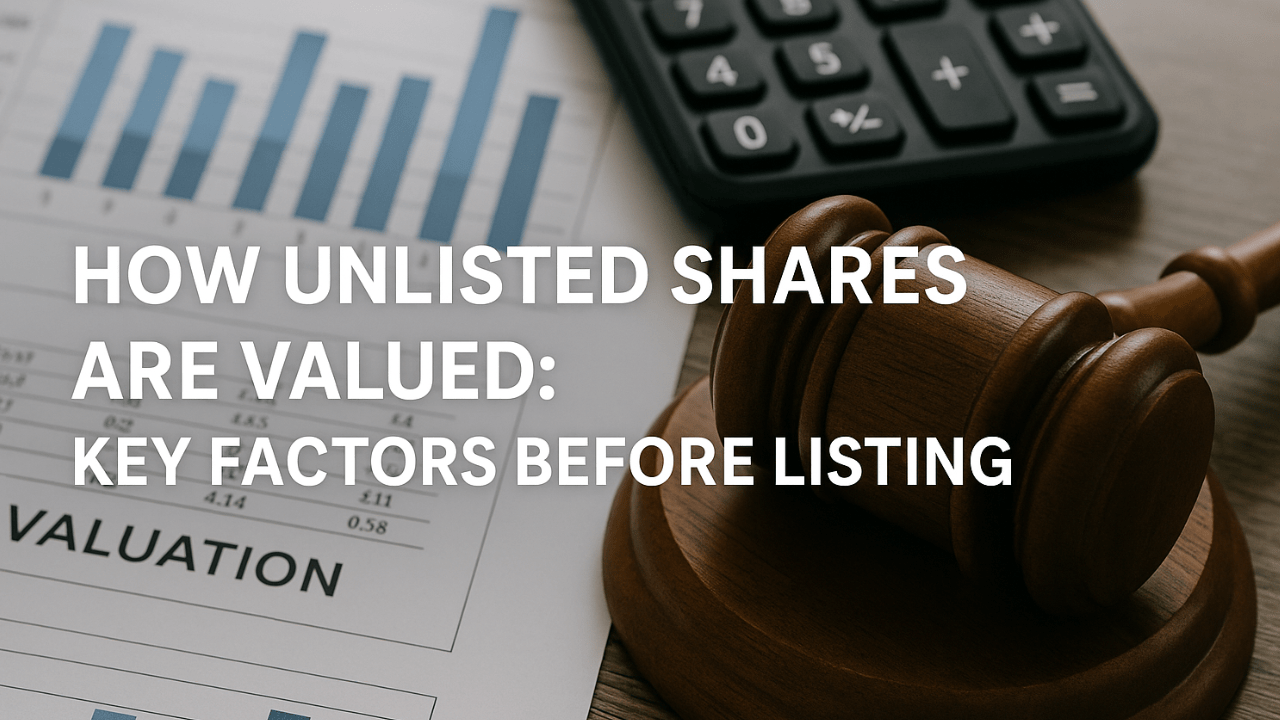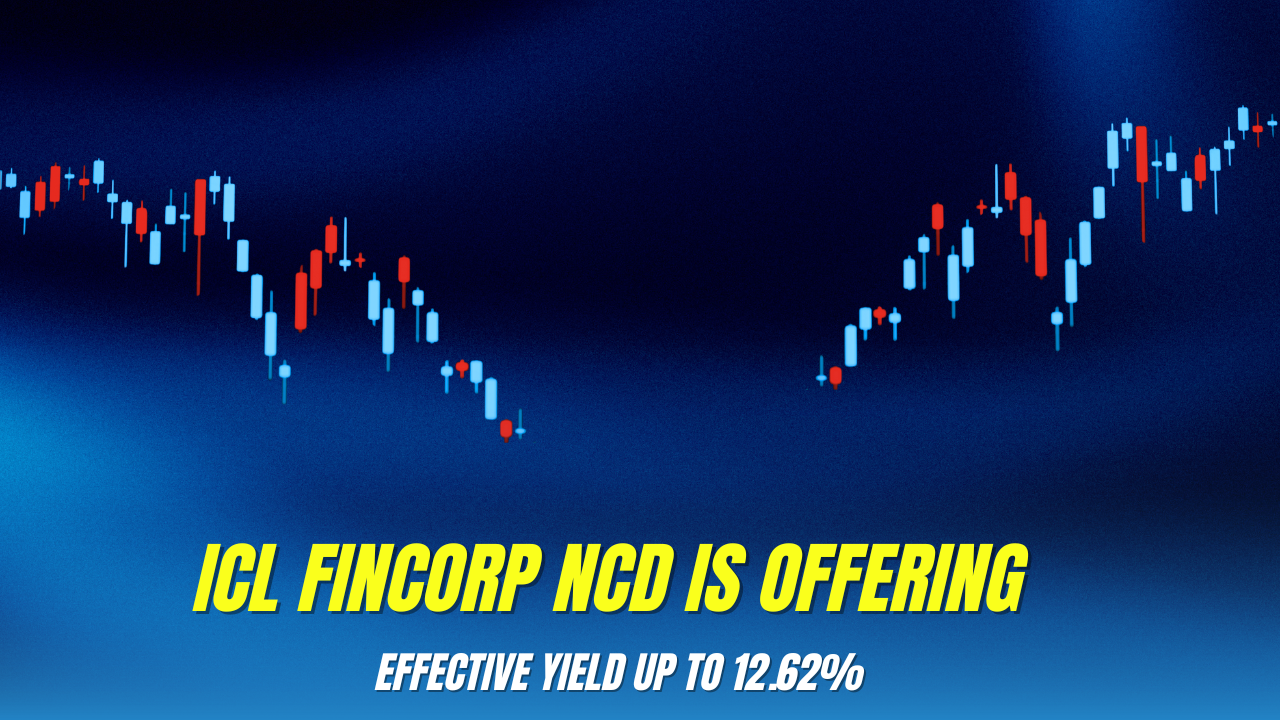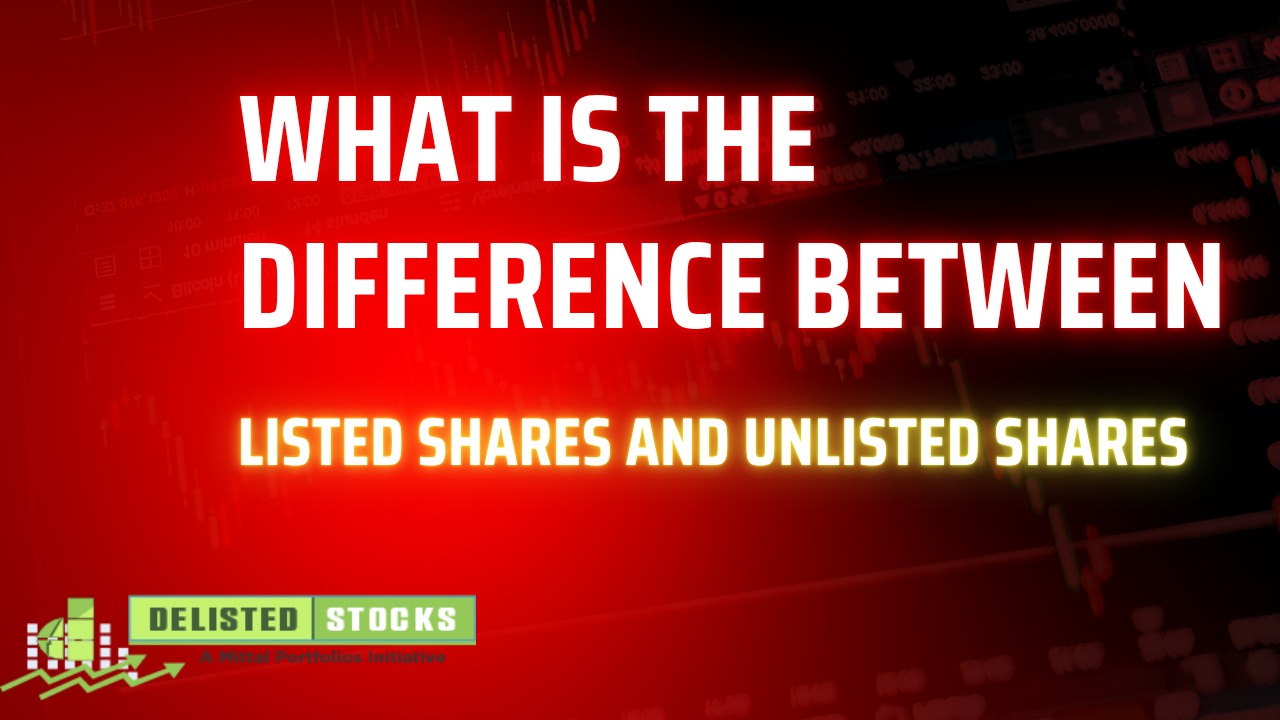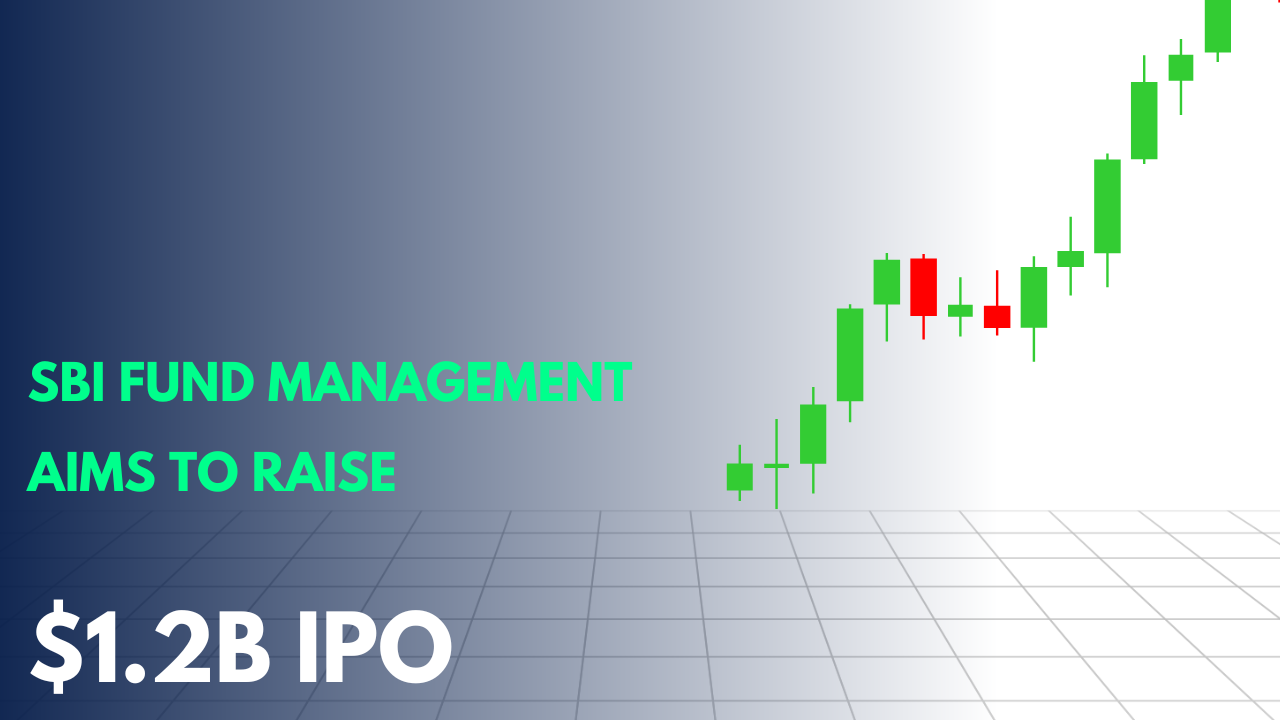In today’s changing environment, if you want to make the right investments, you need to look at unlisted shares vs. IPOs. Many fast-growing companies are looking to bring in capital through private placements or IPOs, and investors are eager to consider both pathways.
You may want early access to promising ventures or want to enjoy the thrill of going public; either way, you need to understand how both avenues work. Here, you will learn to weigh Unlisted Shares vs. IPO investments so you may understand where the greatest potential truly lies in 2025. We’ll analyze access, risk, return potential, and exits.
Understanding Unlisted vs. IPO shares
Let’s understand what the meaning of these two terms is.
What are unlisted shares?
Unlisted shares are equities in companies that are yet to list on a stock exchange. These companies are typically in high-growth domains such as fintech, electric vehicles (EVs), and direct-to-consumer (D2C) companies.
These shares are often available through private placements, employee stock options (ESOPs), and pre-initial public offering (IPO) arrangements, and allow early investment in such companies prior to going public.
What Are IPO Shares?
IPO shares encompass a company’s equity as per an Initial Public Offering. In this case, for the first time, a company is going public. In this type of IPO, companies generate finances by offering stock for the public to purchase.
These shares are advertised for extensive periods prior to IPOs, and advertised shares are quickly bought by retail or institutional investors. Shares are handled by stockbrokers and other online portals, readily available for investors.
Key Differences: Unlisted vs IPO Shares
Investment Stage and Availability
The important difference between unlisted shares and IPO is regarding when and how investors are allowed to join. Unlisted shares are available to investors much earlier in the process than competitors, as companies have yet to receive widespread attention.
On the other hand, IPO shares can be accessed through many brokerage applications, making them available to the general public.
Access to Shares
Unlisted Shares: These shares can only be obtained in case of private transactions, selective syndicates, and pre-IPO venues, allowing access to opportunities that are unavailable to the general investment public.
IPO: Can be obtained by retail, high-net-worth, and institutional investors via regular brokerage accounts.
Returns on Investment
Investors need to plan their liquidity requirements in case of unlisted shares. But they also allow investors to enter rapidly growing firms much earlier in the investment life cycle of the business.
These firms are not yet mature, and thus, early investors benefit the most as the company grows, gets funded significantly, and subsequently goes public.
In contrast, IPO shares are liquid, but their valuation is most likely to be significantly overvalued.
Potential Returns
In unlisted firms, early-stage venture capitalists have the most upside potential among all types of investors, as the most significant valuation increases have yet to occur.
In the case of an initial public offering (IPO), the company may still have room to grow, but the investors who enter at an early stage capture more benefits than those who invest in it after its listing.
Valuation and Pricing
Unlisted share price valuation is different as the price is flexible and negotiated based on the future IPO value. As pricing is based on negotiations between buyer and seller, the investors are able to secure a price lower than the valuation once public markets are active.
The pricing of IPOs is book building, which is standardized and has minimal opportunity for strategic pricing.
Exit Options
The strategic negotiations and liquidity planning may earn unlisted shareholders higher returns for their investments. Unlike unlisted firms, IPO shares are sold at the price they are listed on public markets.
The company growth cycle that early unlisted investors experience results in a greater return than the realized return post company listing of the shares.
Which One is Better? Unlisted Shares vs. IPO
More international companies in fintech, green energy, SaaS, and retail technology will enter equity markets in 2025 putting fintech, green energy, SaaS and retail technology on the international stage.
If you are looking for long-term growth and can prepare a thorough plan to withstand market uncertainties that come with early-stage investing in unlisted shares, this is an exciting opportunity. If you are looking for more regulated and liquid investments, IPO shares would better suit your objectives. The choice of investing in unlisted vs. IPO shares in 2025 is ultimately a question of investment strategy and time frame.
Unlisted shares provide a first mover opportunity to invest into new entities prior to the public being able to invest. Check with your financial advisor to get a better understanding of the market if you’re able to invest in unlisted shares prior to going public (IPOs). Otherwise, IPO shares are publicly available and trade on a regulated market. It is imperative to ensure that the investments you make must go hand in hand with the objectives you have fixed as per your financial goals you have.
FAQs
Q1-What are the main differences between unlisted and IPO shares?
There are various differences between unlisted shares and IPO. But the principal differences are limited accessibility, regulation, and liquidity.
Unlisted shares are held privately prior to the company’s initial public offering.
IPO shares are first made available on the stock market.
Q2-Who can invest in unlisted shares, and what are the available avenues to do so?
All kinds of investors, including retail investors, are allowed to invest in unlisted shares. These shares can be obtained from sources such as pre-IPO platforms like Delisted Stocks, private equity, and employee stock option plans.
Investors are required to have industry connections and must know online marketplaces.
A thorough due diligence on the company prior to the investment is necessary, as is the consideration of potential challenges in liquidating the investment at a future date.
Q3-How can investors exit their investment in unlisted shares?
Investors have ways to sell unlisted shares however, they need to be proactive and smart. The investors need to find potential buyers in private circles or specialized platforms designed to sell unlisted shares.
Some investors prefer to sell their shares before the company goes public, while others may sell around events like an IPO or an acquisition. That is why, prior to investing, an exit strategy is imperative.
Q4-What should investors consider before opting for unlisted shares or an IPO in 2025?
The investors need to assess and imagine his or her own likely risk exposure level, the time of investment, plus the future expectation of the market they expect to invest in or trade in.
Unlisted shares provide access to buy stock in the potential future core of a leading market company if the opportunity is initially obtained, unlisted shares would result in a positive investment, with greatly appreciated and expected financial performance.
IPO shares, on the other hand, provide an assessment of the business metrics, trends in the industry, personal financial goals, and fundamentals of the company that help investors in making an optimal investment decision.
Q5-Why is due diligence critical for investing in unlisted vs. IPO shares?
Investment options for unlisted shares, as well as investments relating to initial public offerings, must undergo significant due diligence. Consideration should be given to the company’s business model, the management team, sector potential, and possibilities for exit. The potential for growth in unlisted shares is high. In the case of IPOs, the gained information is more structured. Investment goals, as well as the investor’s risk tolerance, should be in harmony with one another for efficient and sound decision making.
Disclaimer:
This article is for informational purposes only and should not be considered investment advice. Prices and data of unlisted shares are based on publicly available sources and may vary. Investors are advised to conduct independent research or consult financial professionals before making investment decisions.



